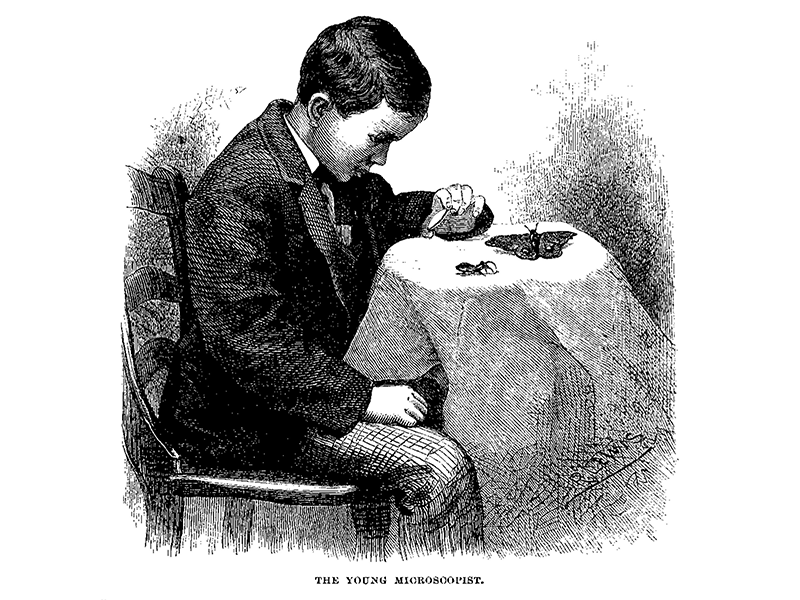
"You have to dig deep into Pierre Nora's dazzling career to find the slightest hint of anything unseemly: reports that "the English essayist Perry Anderson criticized for its 'consensual blandness'" without mentioning Anderson's leftist politics and the controversy sparked by Nora's public refusal to translate and publish The Age of Extremes , a highly acclaimed book written by English historian and Marxist Eric Hobsbawm."
"Featured on the front page of with a prominent photo of the subject, Nora was celebrated ceremoniously as "a figure of Parisian intellectual life,"-author, founder of the journal , and revered at "the prestigious publishing house" Gallimard, "where he curated collections on human sciences." "One will no longer encounter the elegant figure" of this member of the Académie Française on Rue Gaston-Gallimard, a man who "called the shots on the life of ideas in France," who "had become the essential 'public historian' for journalists to call on when they needed an opinion on changes in national sentiment.""
Obituaries increasingly function as preemptive reputational constructions, with reporters researching and framing importance before death. Coverage of Pierre Nora exemplified that tendency by foregrounding his status as a central Parisian intellectual, founder and curator at Gallimard, and a go-to public historian for journalists. That coverage minimized or omitted controversies such as Perry Anderson's critique and Nora's refusal to translate and publish Eric Hobsbawm's The Age of Extremes. Serge Halimi's description of Nora's action as an "editorial fatwa" indicates the political dimensions that were downplayed. The result is a sanitized legacy emphasizing achievements while eliding contentious editorial and political choices.
Read at Harper's Magazine
Unable to calculate read time
Collection
[
|
...
]